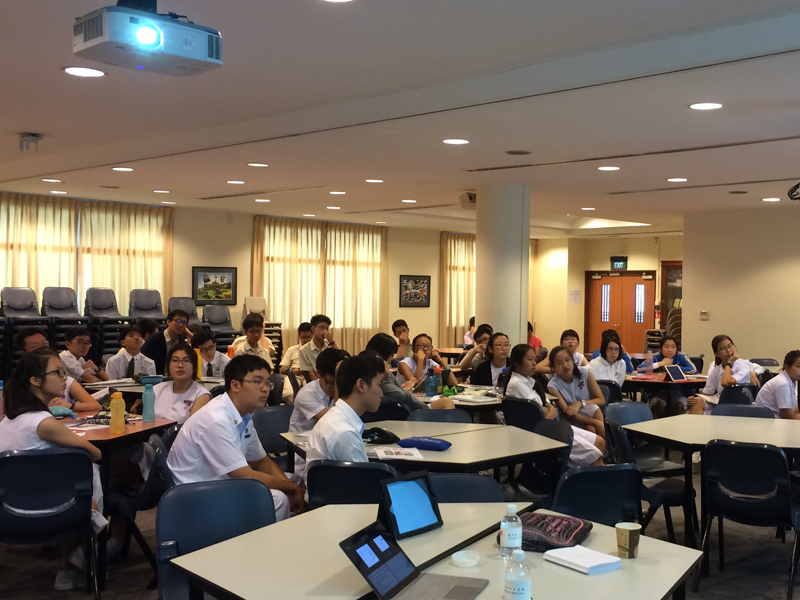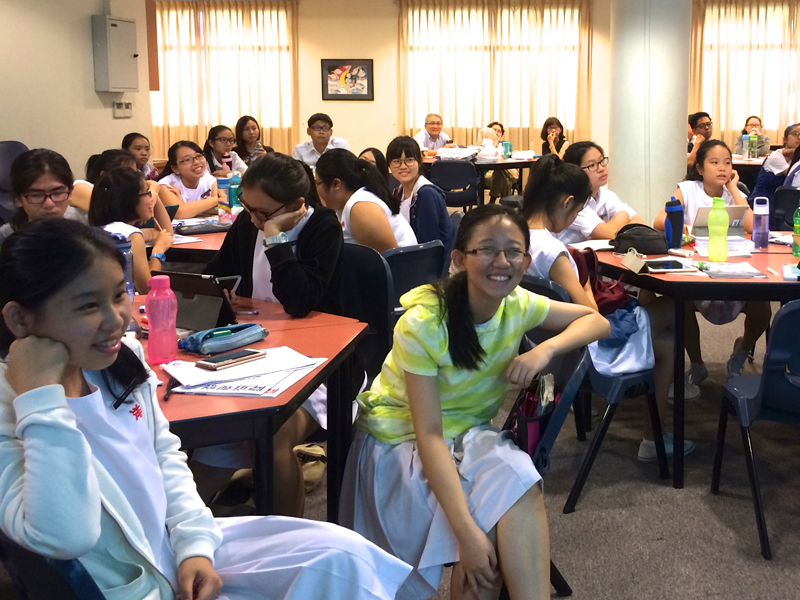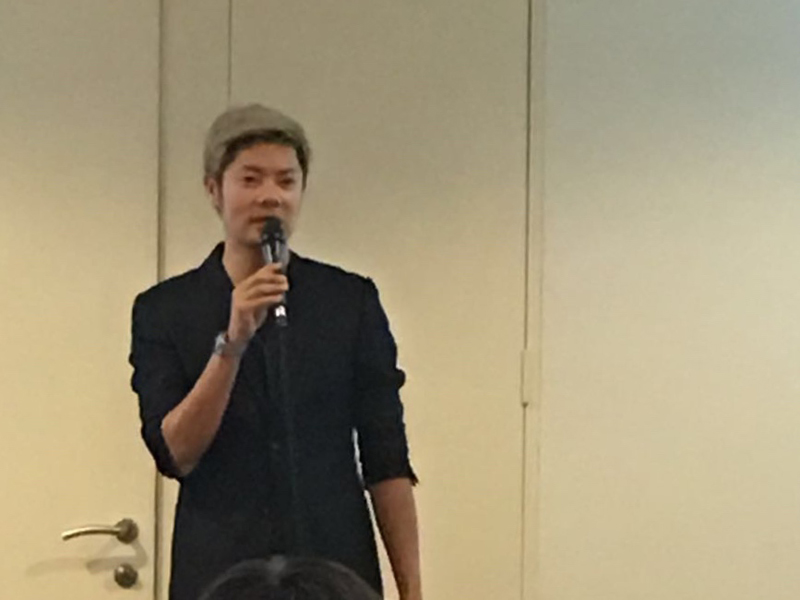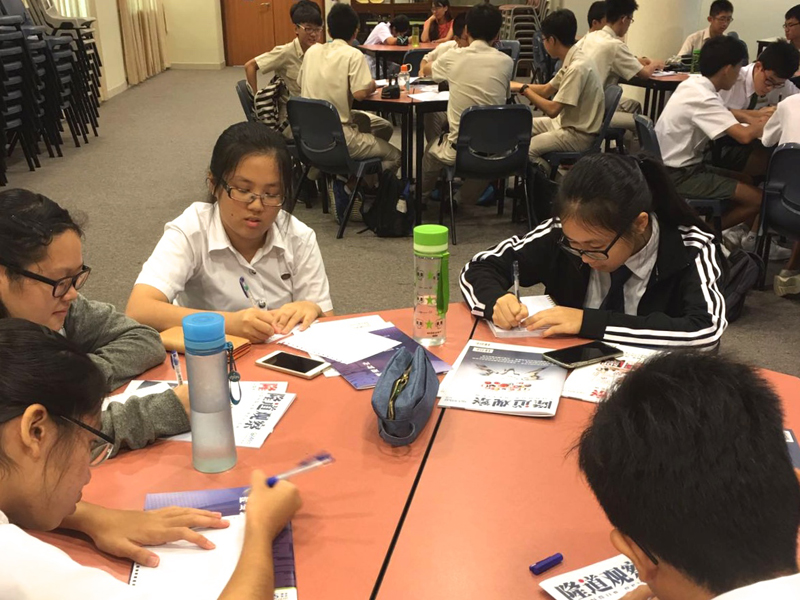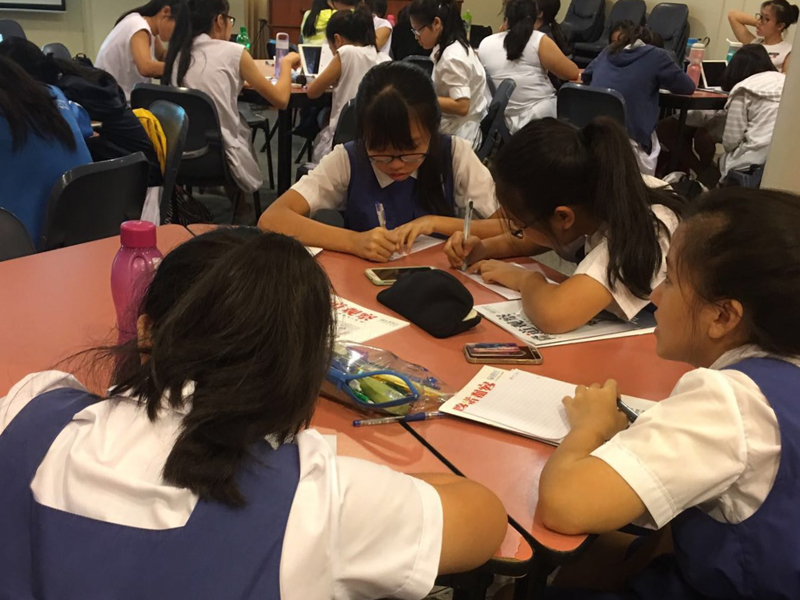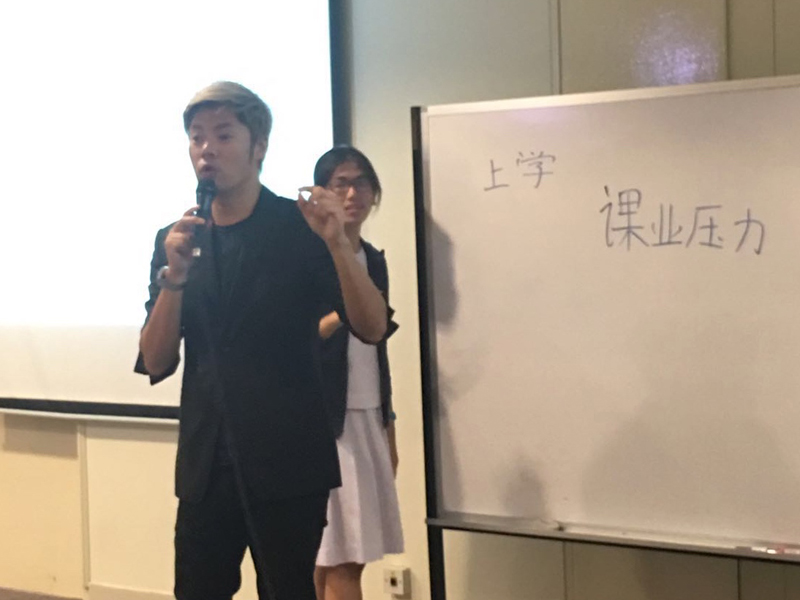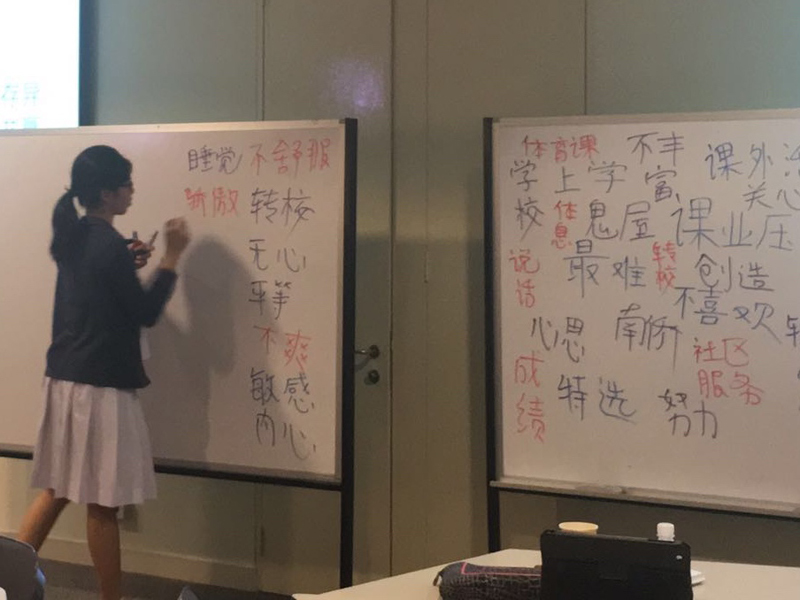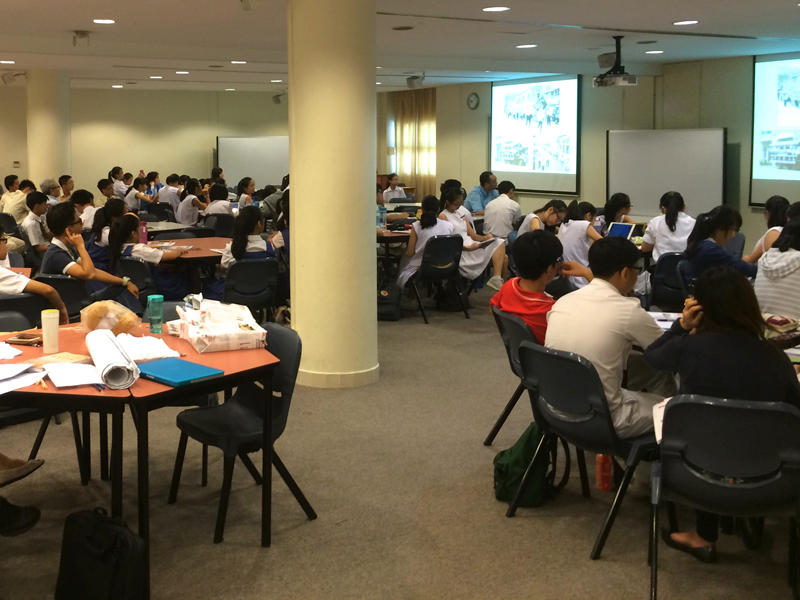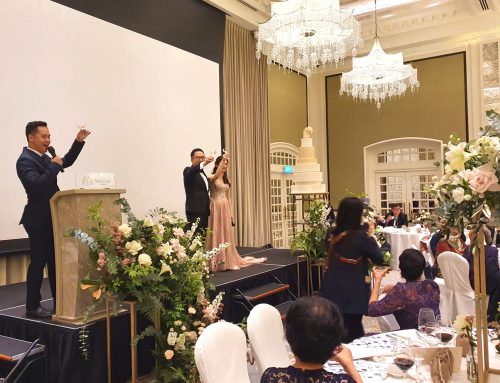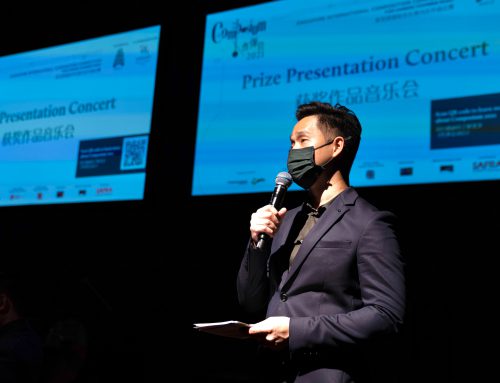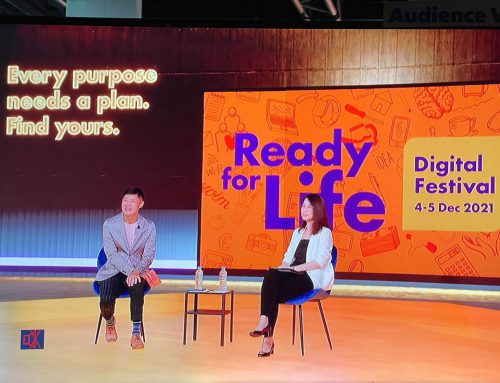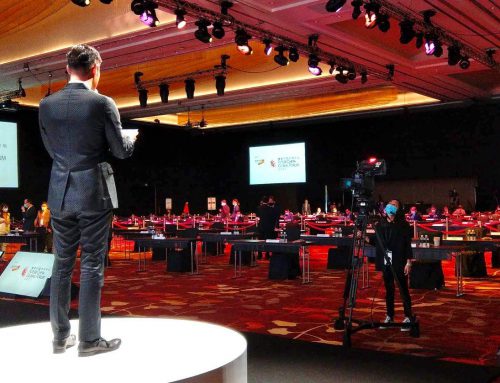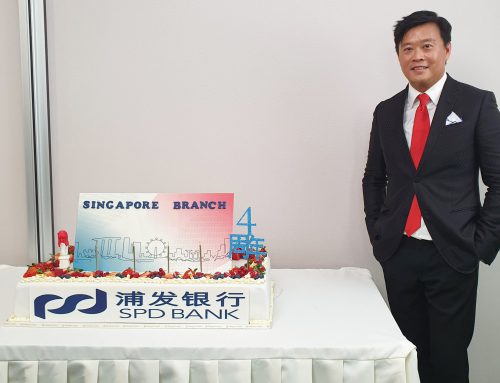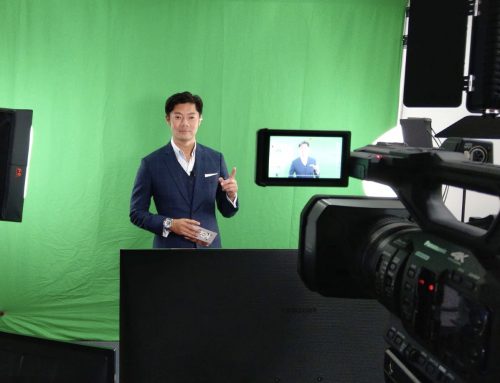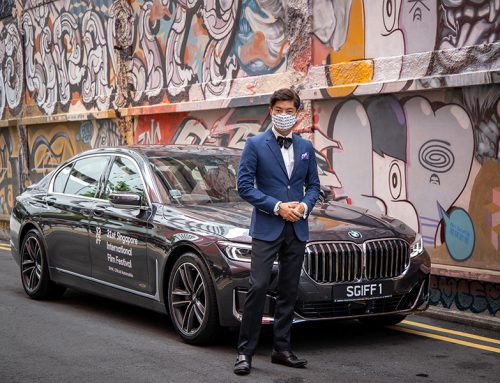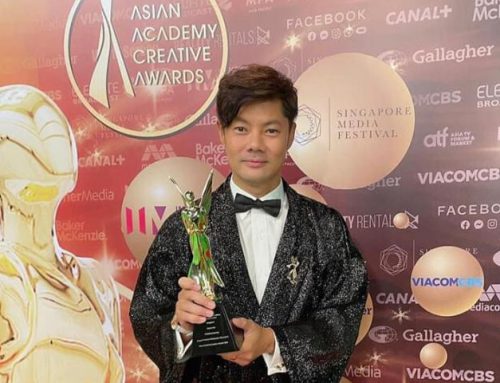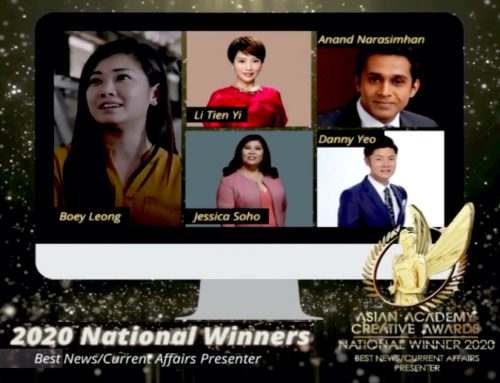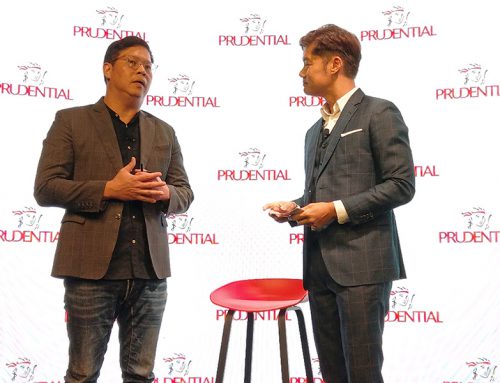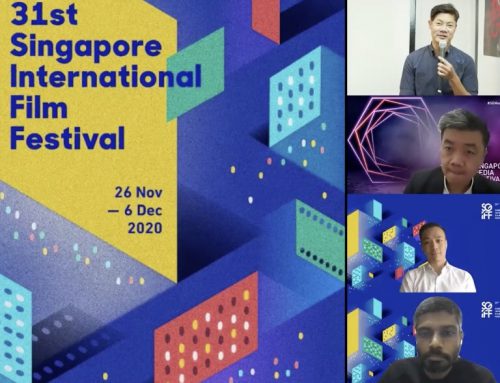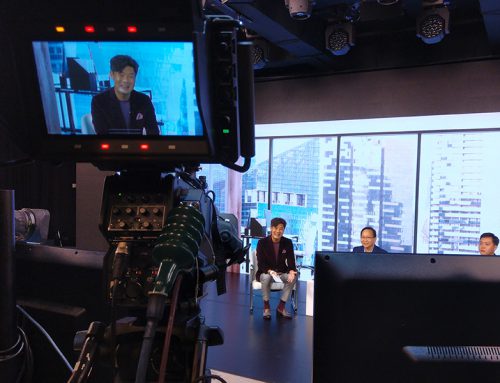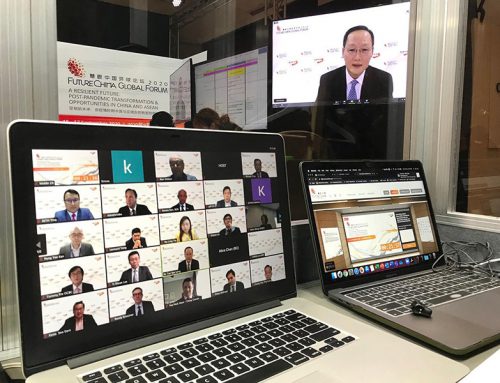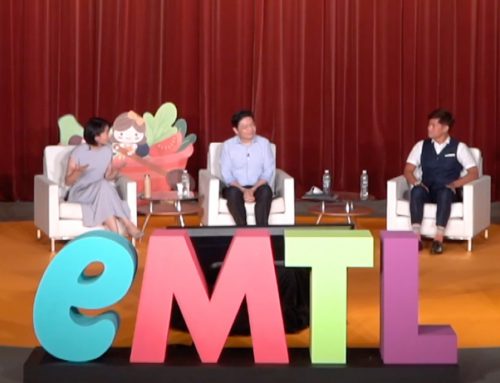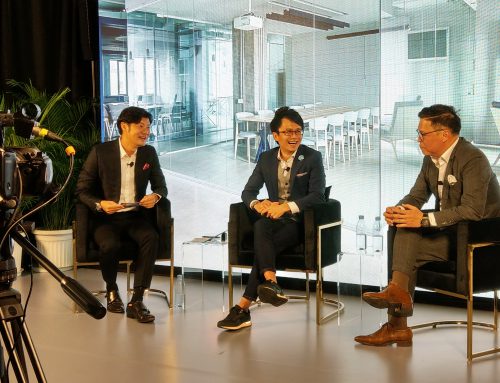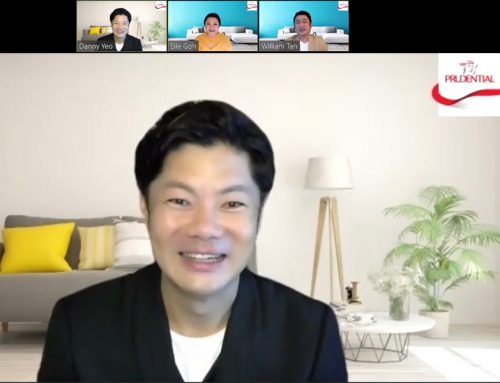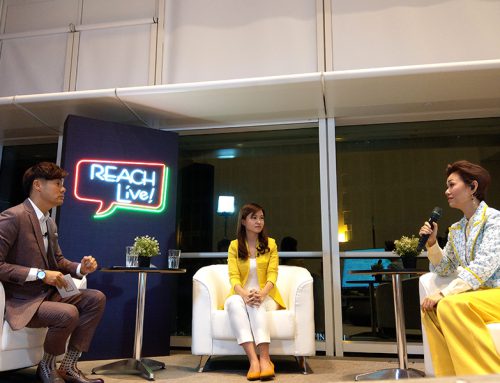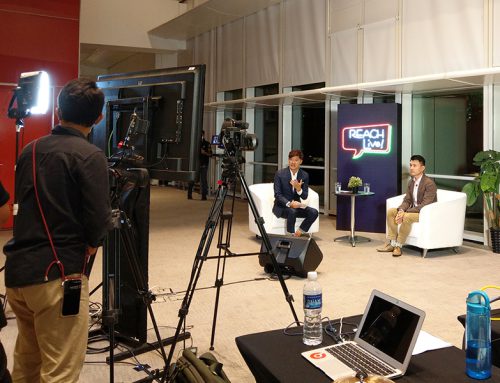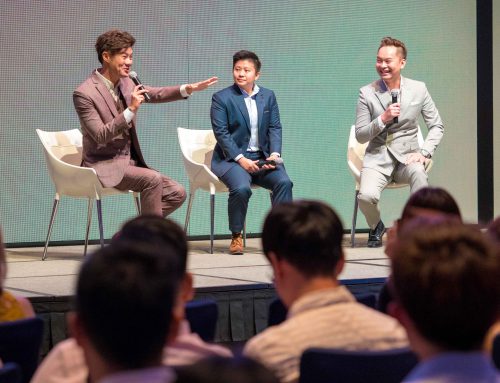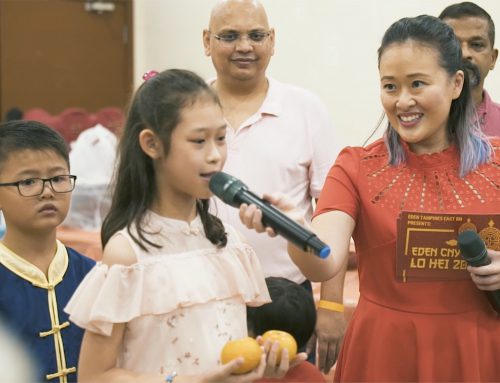Lecture and Workshop on 求同存异 . 和谐共赢
a Chinese Language and Culture Programme at Nanyang Girls’ High School
for Students from 12 SAP Schools on Singapore-China Exchange in Shanghai
3 Jun 2016 (Fri)
Danny Yeo was invited by Nanyang Girls’ High School Mother Tongue Department to present a lecture as well as to facilitate a training workshop for 100 Special Assistance Plan (SAP) School students. This was part of the Chinese Language and Culture (CLC) Programme, which will send the students on an immersion trip in Shanghai, China, to participate in an international forum at Fudan University.
The students were from various SAP schools – Anglican High School 圣公会中学, Catholic High School 公教中学, CHIJ Saint Nicholas Girls’ School 圣尼各拉女校, Chung Cheng High School (Main) 中正中学总校, Dunman High School 德明政府中学, Hwa Chong Institution 华侨中学, Maris Stella High School 海星中学, Nan Chiau High School 南侨中学, Nan Hua High School 南华中学, Nanyang Girls’ High School 南洋女子中学校, and River Valley High School 立化中学.
Danny Yeo gave a one-hour lecture based on his own experience of “finding similarities and coherence in a society of differences for a win-win situation” (求同存异、和谐共赢). He also led in the two-hour workshop to prepare the 100 students before they present their topics at the students’ forum in Shanghai, by finding common topics that the students felt passionate about.
The CLC Programme is a flagship initiative of Nanyang Girls’ High School which aims to equip students with a strong grounding in Chinese language and culture, as well as stimulate their curiosity by exposing them to various facets of life in East Asia, particularly China. The programme consists of a 4-tiered classroom-based Chinese Language and Culture curriculum and a China Immersion Programme for Sec 3 students. The China Immersion Programme complements the classroom-based curriculum by providing an invaluable opportunity to see China up close and personal. Featuring interactive sessions and forums in both Singapore and China, this component emerged from the belief that a deeper understanding of the Chinese language and culture is possible only when knowledge is complemented with meaningful experiential learning.

